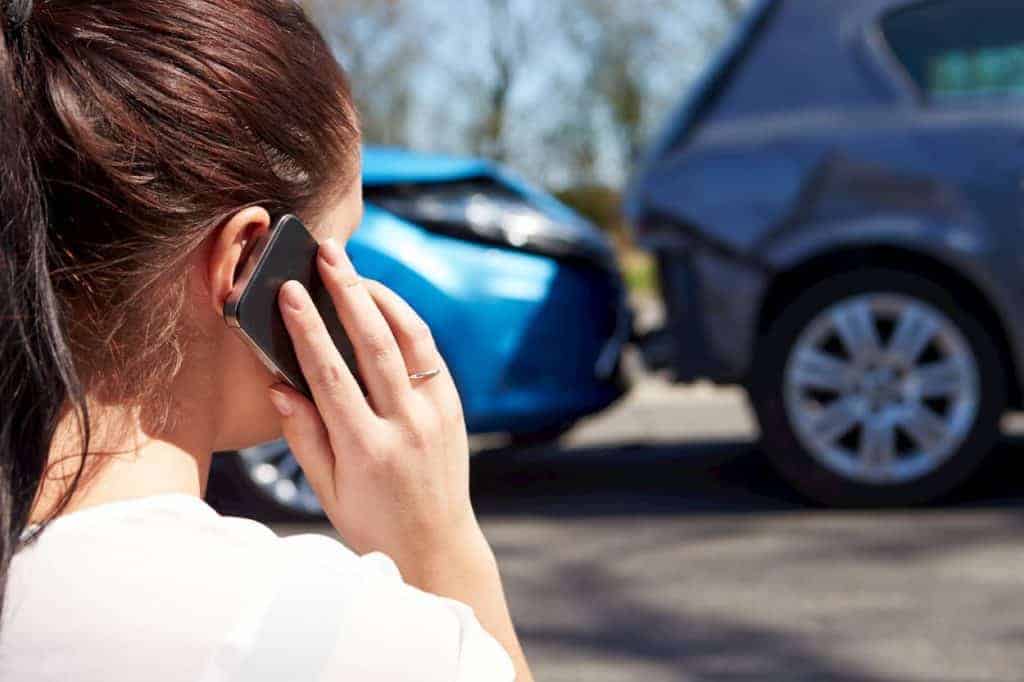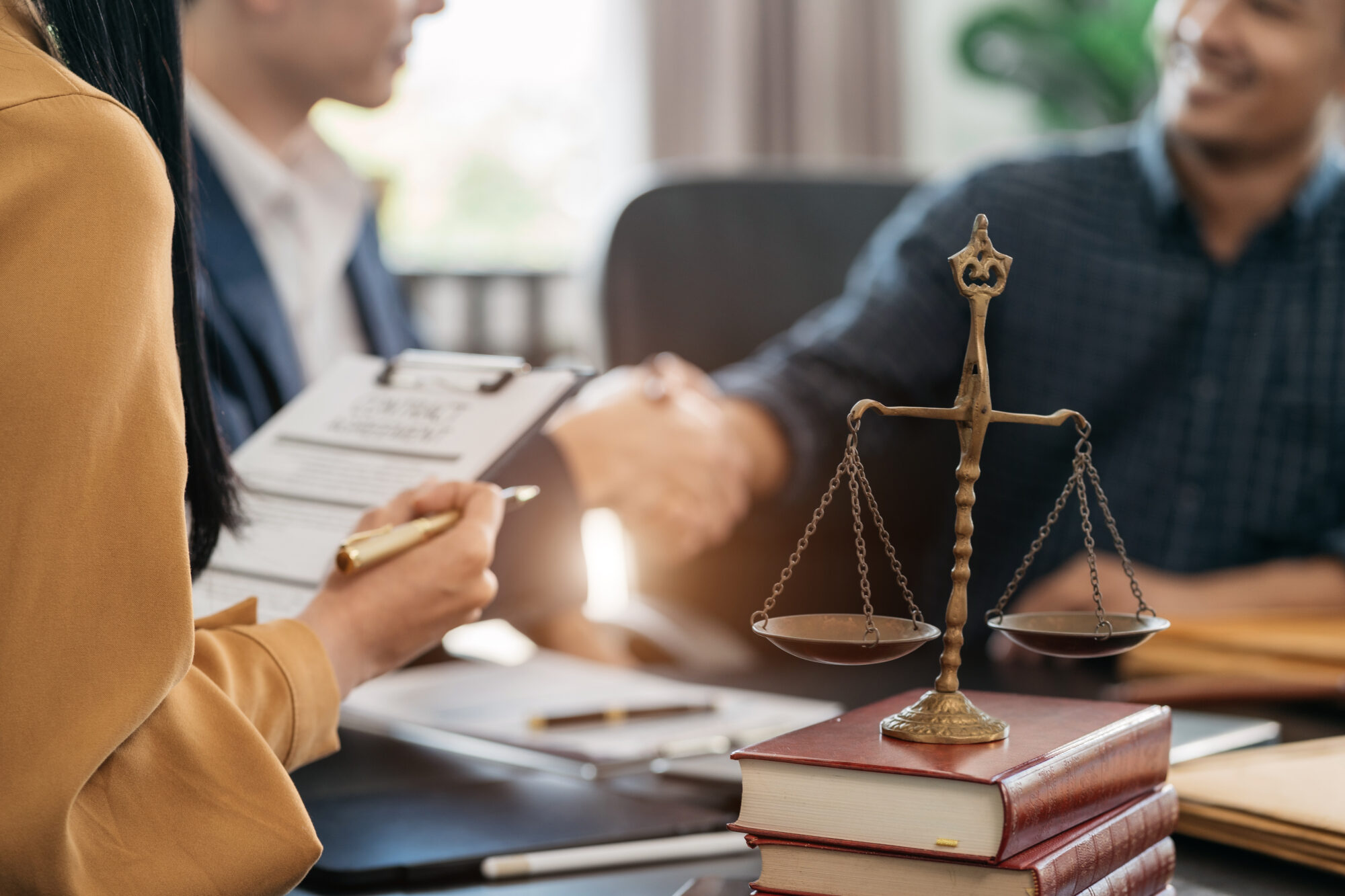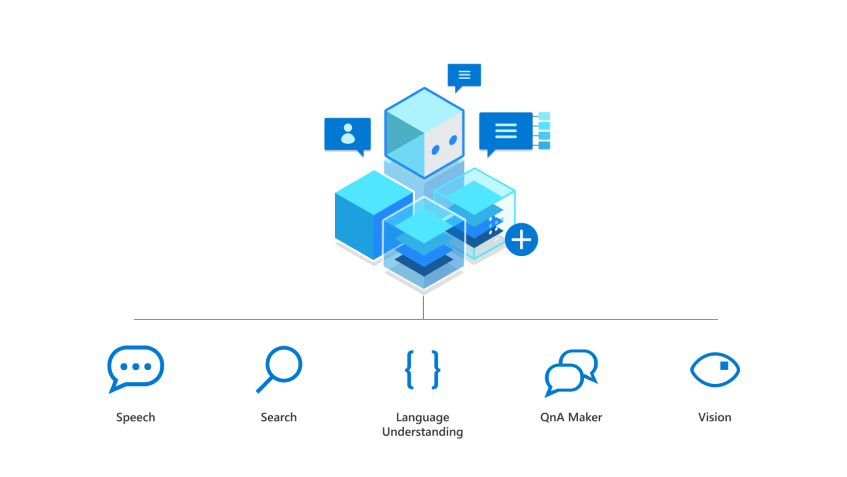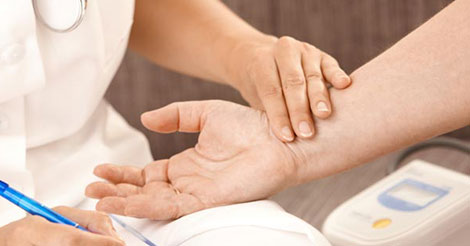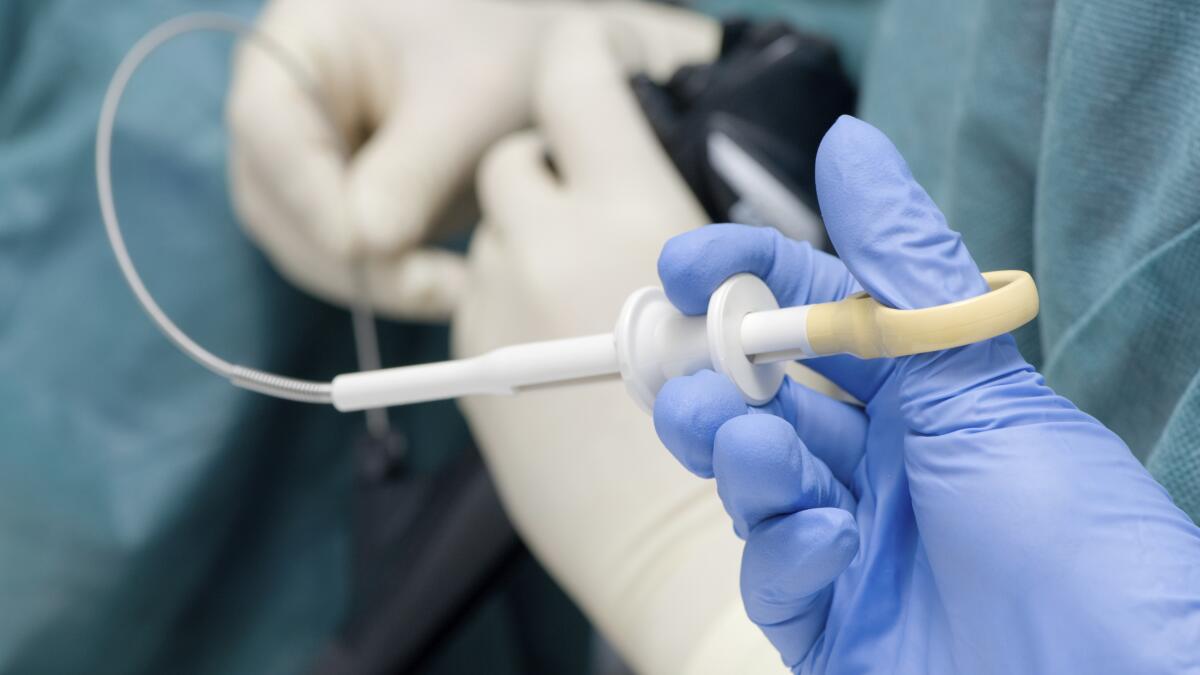Has your doctor recommended upper endoscopy, also referred to as gastrointestinal endoscopy? The procedure employs a small camera attached to the end of a flexible tube to examine the digestive system visually. Katy endoscopy can also treat particular concerns, for instance, widening a narrow esophagus, removing a foreign object, and clipping off a polyp. Upper endoscopy is relatively safe, especially if you take the proper preparation measure as your doctor advises. Here is a glance at how you can prepare, the common complications, and the signs you should call a doctor after an upper endoscopy.
How to prepare
Diet measures
You should not take solid food for at least eight hours before the endoscopy. You also should stop taking fluids, ideally four hours before the session. Fasting before the endoscopy ensures that the stomach is empty, providing a better view and more conclusive results.
Medication
Certain medications like blood thinners increase the risk of bleeding during an endoscopy which may include other procedures like foreign object removal. To mitigate the risks, you should stop taking such medication a few days before the appointment. You may also be on active prescriptions to manage conditions like diabetes or high blood pressure. Your doctor will provide relevant recommendations, such as what to pause, substitute, or continue taking in preparation for the endoscopy.
Besides medicine and food, endoscopy does not necessitate special preparations. Nonetheless, you should also make relevant plans for after the procedure. This mainly involves getting back home since the process involves a sedative to help you relax. Driving is unsafe even though the sedative may have worn out, making you feel mentally alert. Also, schedule a day off work to allow the sedatives to completely get out of your system since it impacts your judgment.
Upper endoscopy is a safe process, but you might experience some complications like any other medical procedure. The common endoscopy complications include:
- Bleeding: This is a common complication if the procedure includes concerns like a biopsy or the removal of foreign material. The complication is rarely severe but may need a blood transfusion in some situations.
- Infection: A diagnostic endoscopy doesn’t pose infection threats, but when combined with certain treatments, infection complications are possible. The infections are mainly mild and easily treated with antibiotics. The doctor may even prescribe preventative antibiotics before endoscopy if the procedure puts you at high risk of infection.
- Tissue damage: Though the chances are relatively low under experienced experts’ hands using modern medical tools, a tear can happen. This is such as in the esophagus, mainly if it includes other treatments. This may require hospitalization or even surgical repair.
- Allergic reaction: Endoscopy usually includes anesthesia or sedative use to keep you comfortable. You may be allergic to such medication.
Upper endoscopy complication chances are low but shouldn’t be discounted. Among the signs of the complication that should prompt a doctor’s call or visit include:
- Swallowing difficulty
- Shortness of breath
- Chest pain
- Colored stool
- Bloody vomit
- Abdominal pain
- Fever
Modern upper endoscopy utilizes cutting-edge tools and can be combined with other medical equipment for a more productive session. Endoscopy is a diagnostic and treatment approach that offers an accurate and minimally invasive solution. Visit Imperial Digestive Health Specialists PLLC today for more on endoscopy, its uses, risks, and benefits.

